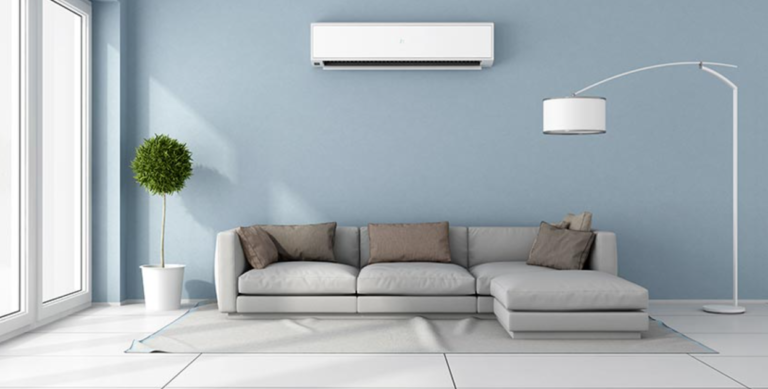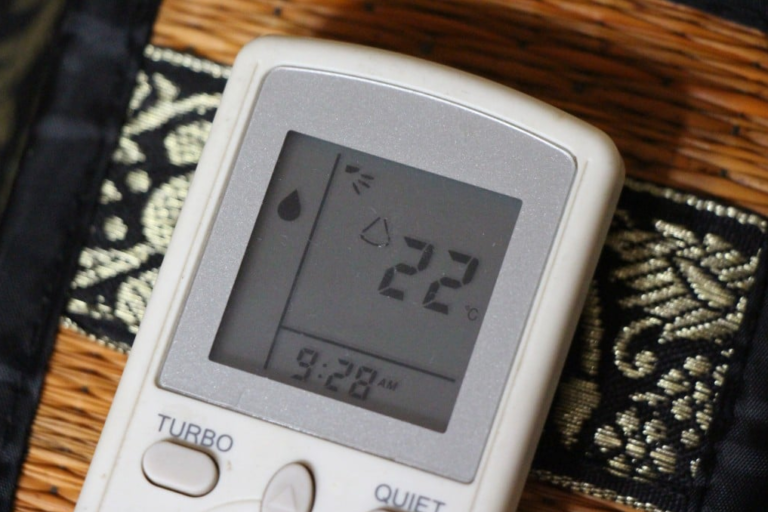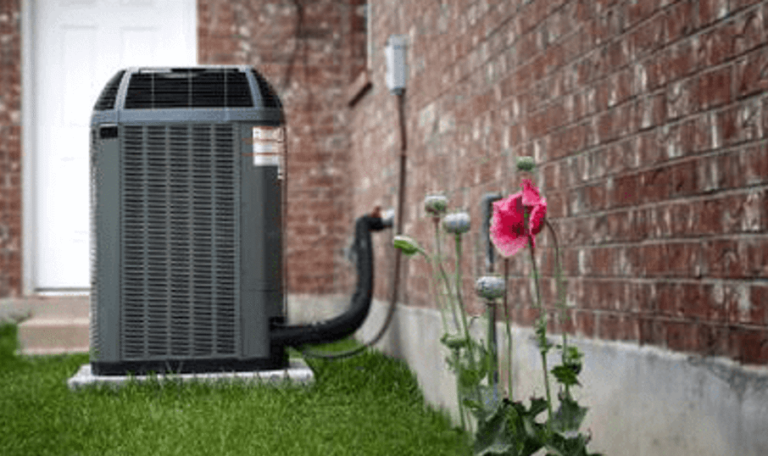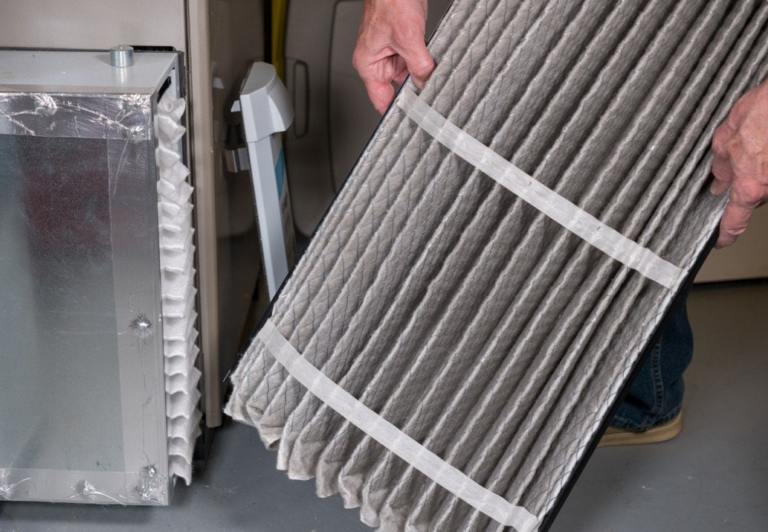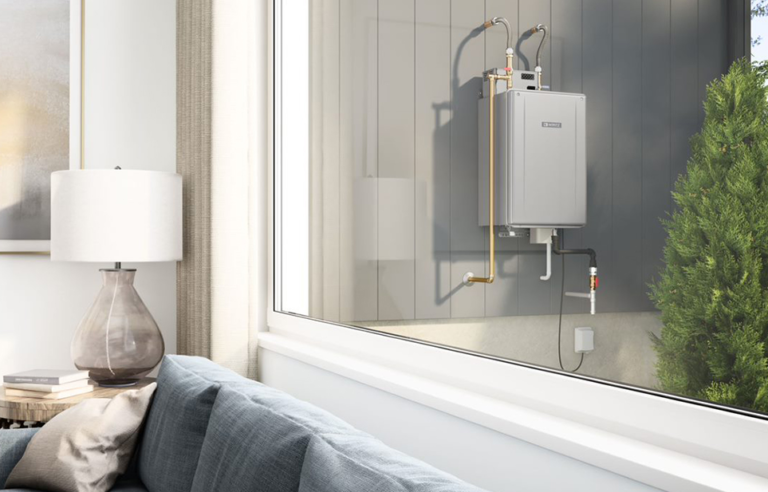Does Evaporative Cooling Really Work? YES, but only if…
Evaporative cooling has long been used as a way to keep homes cool in hot, dry climates. The basic principle is that water evaporates faster than air, so when you add water to the air, it will help to cool things down.
What is evaporative cooling in a house?
Evaporative cooling is a process by which heat is removed from the air by evaporating water. This can be done using a simple device called an evaporative cooler, which consists of a fan, a water pump, and a wet pad.
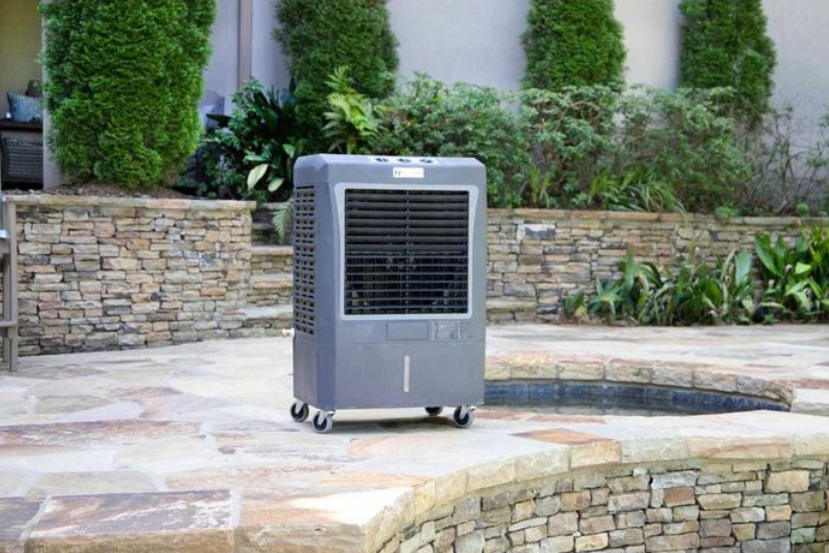
How do evaporative coolers work?
An evaporative cooler, also called a swamp cooler, is a device that uses the evaporation of water to cool air. The device consists of a fan, a water pump, and a wet pad.
The operation of an evaporative cooler is simple. Warm air is drawn into the unit by the blower. As the air passes through the wet pads, water evaporates from the pads, cooling the air. The cooled air is then blown into the room or area to be cooled.
The efficiency of an evaporative cooler depends on the temperature and humidity of the air. The cooler will work best in hot, dry climates. In humid climates, the evaporative cooler will not work as well because the air is already saturated with water vapor and cannot hold more water vapor.
Related post: What Is Ductless Air Conditioning?
Does evaporative cooling really work?
The short answer is yes, but it depends on a few factors.
- First, it only works if the air is dry. If the air is already saturated with moisture, adding more water will not help to cool things down.
- Second, evaporative cooling only works if the relative humidity is below 60%. If the relative humidity is higher than that, the evaporation process will actually make the air feel hotter, not cooler.
- Finally, evaporative cooling only works if there’s a breeze. The evaporation process relies on moving air to work effectively, so if it’s completely still outside, an evaporative cooler will not be very effective.
If you live in a hot, dry climate with low humidity and there’s always a breeze blowing, then an evaporative cooler can be a great way to keep your home cool. But if any of those conditions are not met, an evaporative cooler is not going to be very effective.
Do portable evaporative coolers work?
One of the benefits of portable evaporative coolers is that they do not require any special installation. They can simply be plugged into an outlet and placed in the desired location. Another benefit is that they are much less expensive than traditional air conditioners.
Advantages and Disadvantages of evaporative coolers
Advantages of Evaporative Coolers
There are several advantages to using an evaporative cooler. The most obvious is that it is an energy-efficient way to cool the air.
Evaporative coolers use approximately one-third of the energy of conventional air conditioners, making them an attractive option for those looking to save money on their energy bills.
Another advantage of evaporative coolers is that they do not require the use of Freon or other harmful chemicals. Conventional air conditioners use these chemicals in order to cool the air, but they can be harmful to the environment.
Evaporative coolers do not use any chemicals, making them a much more eco-friendly option.
Finally, evaporative coolers can double as humidifiers, which can be beneficial in dry climates. By adding moisture to the air, evaporative coolers can help to alleviate some of the symptoms associated with dryness, such as nosebleeds, static electricity, and dry skin.
Disadvantages of Evaporative Coolers
There are also some disadvantages to using evaporative coolers. One is that they are less effective in very hot climates. In areas where the temperature regularly exceeds 100 degrees Fahrenheit, evaporative coolers will not be able to lower the temperature enough to make a significant difference.
Another disadvantage is that evaporative coolers require a constant supply of water in order to work properly. This means that if there is a drought or water restrictions in your area, you will not be able to use your evaporative cooler.
Finally, evaporative coolers can sometimes blow dust and other allergens into the air, which can be problematic for those with allergies or respiratory problems. If you have asthma or another respiratory condition, it is important to consult with your doctor before using an evaporative cooler.

